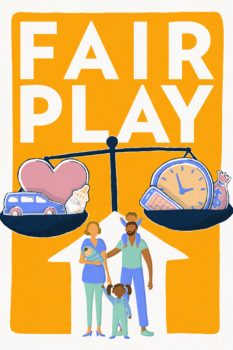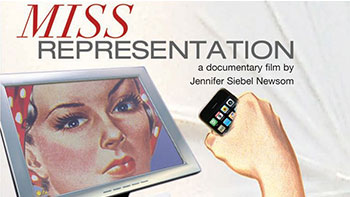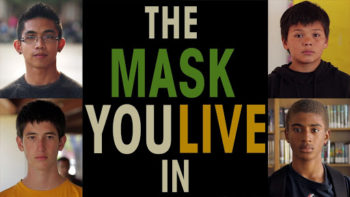As we wrap up Men’s Health Month and prepare for a day chock-full of turkey (or tofurky), we’re reflecting on the things we’re thankful for. We wanted to spotlight a few special people out there who are making a difference in the world! This year, we are grateful for five feminist men who are using their media platforms to fight back against gender inequality in society. From a former president modeling allyship for his daughters to an activist who pushes for intersectional feminism—especially important on a day that often sanitizes the history behind the holiday—we’re giving these feminists the thanks they rightfully deserve!

The co-star of the uber-popular Jane the Virgin series Justin made a splash in 2017 with his TED Talk “I’m done trying to be man enough” and at the heart of this challenge Justin asks men “are we strong enough to be sensitive?” Much like Justin, we think that being healthy includes emotional health too. He articulated the point well in an interview with Female Quotient by saying “here is me being vulnerable and seeing it as strength.”
2. Terry Crews

The pro football player turned actor/comedian turned activist is a regular commentator on healthy masculinity. His 2014 book, How to Be a Better Man or Just Live with One, launched his activism. We can point to any number of awesome things that Crews is doing, like calling out gender-based discrimination in the #MeToo movement. In a recent tweet he alluded to the Second Shift in a tweet @ing his wife “Do what you LOVE With the one you LOVE and all you’ll have is LOVE (I’ll do the dishes when I get home @rebeccakcrews!) #PCAs” setting an example for what men taking their fair share of household work looks like.

This Tony Award-winning actor has had so many great parts—from his iconic role in the first Brosnan James Bond movie to Spy Kids. But his best role yet is that he continues to push boundaries in his work. He currently stars in the CBS show Instinct as a leading man, who also happens to be gay. He also appears in a stage production called Daddy, where he co-stars in an intergenerational, multiracial relationship. And if all the world’s a stage, the spotlight is shining bright on Cummings. He is using his platform to say, “I just want to reiterate I am a feminist” and “gender equality is not just a women’s issue, its a human rights issue.” Also, by amplifying the voices of trans folks whose right to be who they are was under attack in a court case being heard in the Supreme Court this month, he shows us that feminists in 2019 must stand with trans women!
4. Matt McGorry

In 2015 Matt publicly outed himself as a feminist. Since then he has been an outspoken ally and activist. He has a strong voice and recognizes his privilege—which is why he uses his celebrity to speak to other straight white men about race and feminism. He provides ample insight into his character on Twitter: his last four tweets posted (as of this writing) are about 1) a book about Black women’s bodies and fat-shaming, 2) reposting the tweet of Ashlee Marie Preston honoring Trans Lives, 3) a link to the platform of a grassroots immigrant rights organization, and 4) a Black Lives Matter protest he is participating in. In short, he is modeling for other men how to use privilege for good and how to be a good intersectional feminist!

Do you remember what it was like when we had a President who was a feminist? We sure do! In August of 2016, President Obama penned his famous This is What A Feminist Looks Like where he reminded us that “it is absolutely men’s responsibility to fight sexism too” and encouraged us to remember the “enormous pressure that girls are under to look and behave and even think a certain way.” If you want to know why we think it’s important that men are feminists too, we think Obama lays that out pretty clearly talking about his two daughters. “Yes, it’s important that their dad is a feminist because now that’s what they expect of all men.”
Take Action! Thank the feminist men in your life for being an ally to those who identify as girls and women!
Read our blog post about why it shouldn’t take having a daughter to become a feminist.



